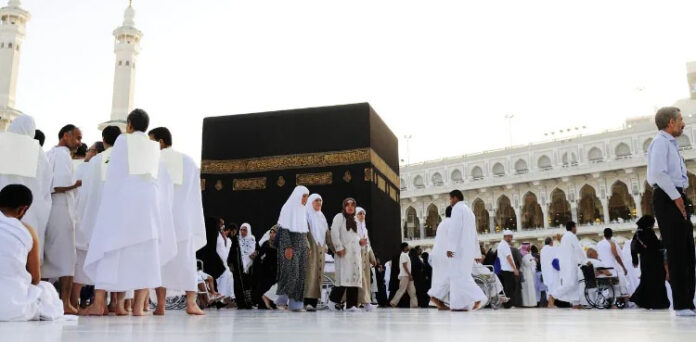ISLAMABAD: The Ministry of Religious Affairs (MORA) has officially finalised the application process for Pakistan’s Government Hajj Scheme 2026, ARY News reported.
According to the ministry’s resources, a total of 118,060 applications were received from different parts of the country, marking the end of this year’s submission phase. The application process was concluded in just 17 days, earlier than in previous years, due to the high number of applicants, despite applications being accepted online and through banks on a first-come, first-served basis.
People submitted their applications for both short and long Hajj trips, indicating their different preferences.
The ministry has now stopped accepting more applications for Hajj Scheme 2026. However, until the application process was concluded, many applications were still being submitted.
As per the official guidelines, the first instalment, which is about 50 percent of the total cost for Hajj, has already been received from applicants.
The second payment will be due starting November 1, 2025, and will cover the rest of the expenses.
According to the experts, the cost under the government program will total around PKR 1.15 million to PKR 1.25 million, depending on where the applicants are from and how long they stay.
Included in this program are basic services like accommodation, transport, meals, and medical help in Saudi Arabia. The government is making plans to have a smooth and well-organised pilgrimage through its Hajj Scheme 2026 this year.
Read More: Private Hajj operators assure full refunds to affected pilgrims
Officials are helping to make sure that all pilgrims get the right guidance and support.
The Hajj quota for Pakistan in 2026 is equally divided between government and private schemes.
The Ministry will now concentrate on managing payment processes and organising logistics.
Pilgrims are urged to follow the payment deadlines. The officials are completely dedicated to ensuring a successful Hajj season, demonstrating the government’s dedication to fulfilling religious obligations and serving the public.



